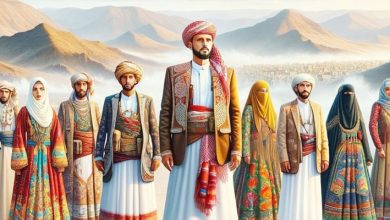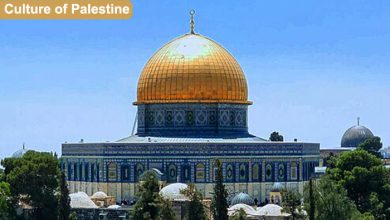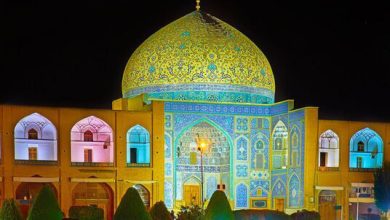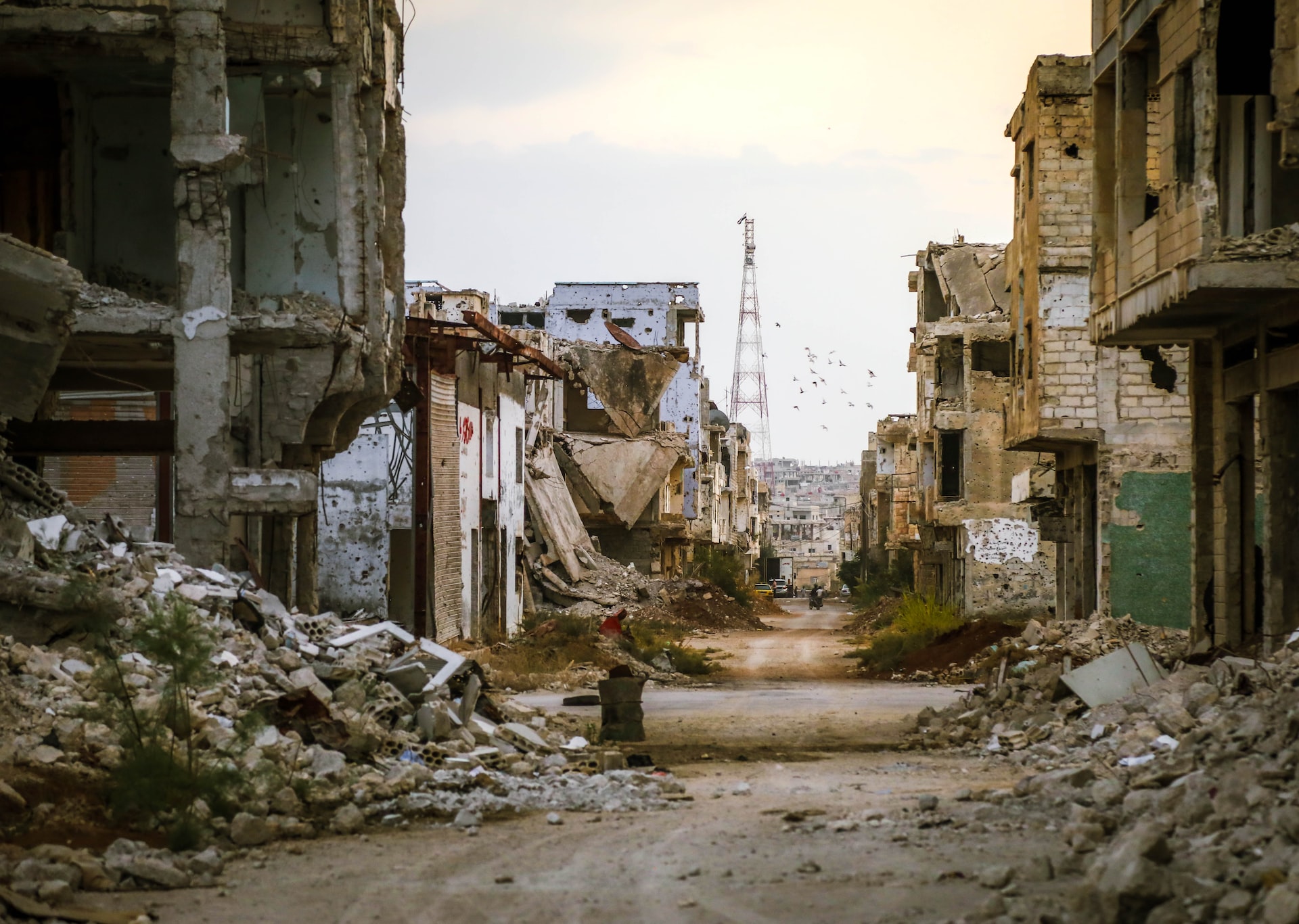CULTURE OF ITALY
Culture of Italy with General Information
Total Size:
301,230 square km
Capital:
Rome
Region:
Europe
Low Point:
Mediterranean Sea 0 m
High Point:
Mont Blanc de Courmayeur 4,748 m
Climate:
Alpine in far north; hot, dry in south, Predominantly Mediterranean
Major Cities:
Rome, Turin, Palermo, Genoa, Bologna, Florence, Milan, Naples
Famous Places:
Roman Forum, St. Peter’s Basilica, , Pantheon, Florence Cathedral, Trevi Fountain, Pompeii, Piazza del Campo, Leaning Tower of Pisa, Lake Como, the Cinque Terre, Spanish Steps, Amalfi Coast, Roman Colosseum, Canals of Venice, Sistine Chapel
Currency:
euro (EUR)
Type of Government:
Republic
Independence:
17 March 1861
Divisions:
20 regions
General Overview
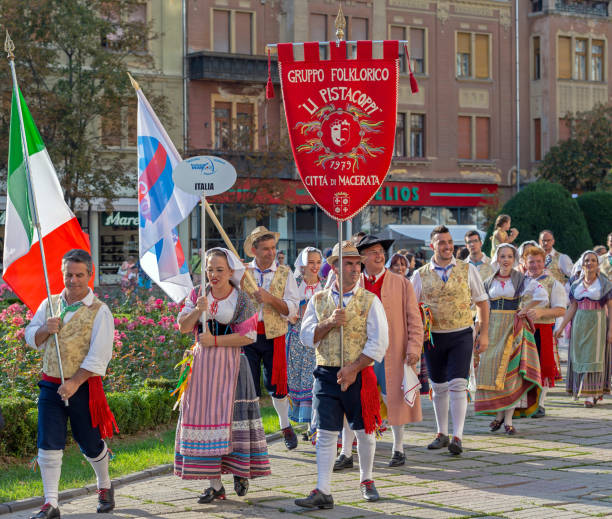
Italy is a beautiful country with a rich and diverse culture that has been shaped by its history, traditions, and customs. From the ancient ruins of Rome to the breathtaking beauty of the Amalfi Coast, Italy has something for everyone. While it is known for its art, music, and food, the culture of Italy is much more than that. This blog post will explore the language and religion, music and food, arts and architecture, sports and recreation, holidays and festivals, family values and traditions, gender roles in Italian society, economy and workforce, education system, cultural customs and etiquette, media and popular culture, social interactions and communication, the Italian lifestyle, cultural symbols and symbolic representations, social customs and values, the social impact of immigration on Italian culture, cultural identity and pride, environmental consciousness and sustainability, social attitudes towards education, and influence of technology on Italian culture. Dive into the culture of Italy and discover all the ways it has touched the world!
History and Traditions
Italy has a long and rich history, stretching back thousands of years. The country is home to many ancient monuments and archaeological sites, as well as some of the most iconic art and architecture in the world. Along with the stunning scenery, Italy is also known for its vibrant culture and traditions. From religious celebrations to regional cuisine, the country has something for everyone to enjoy. From the carnivals of Venice to the olive groves of Tuscany, there is no shortage of cultural wonders to explore in Italy. Whether you’re interested in the art and architecture of the Renaissance period or the lively street festivals of Rome, you’ll find something to captivate you in this unique country.
Language and Religion
Italy is a country that is deeply rooted in both its language and its religious beliefs. The majority of the population speaks Italian and is Roman Catholic, though there are other minority religions such as Judaism and Islam that are also found throughout the country. The combination of language and religion has created a unique culture that is incredibly diverse and full of interesting facets. Music, art, literature, and cuisine have been influenced by both language and religion in Italy, resulting in a fascinating and vibrant culture.
Music and Food
Italy is a country that is renowned for its vibrant and unique culture, particularly in regard to music and food. Music in Italy has a rich and diverse history, with traditional folk music and modern pop music both popular genres. The country is also known for its delicious cuisine, which varies from region to region, often featuring fresh ingredients and bold flavors. From the pizza of Naples to the pasta dishes of Rome, to the steaming seafood of Sicily, Italian food is a feast for the senses. Whether listening to music or enjoying a meal, the culture of Italy is sure to provide a memorable experience.
Arts and Architecture
Italy is known for its rich cultural heritage and its amazing architecture. From the Roman Colosseum to the Leaning Tower of Pisa, Italy has some of the most iconic structures in the world. Italy also has a diverse range of architectural styles, from ancient Roman and Renaissance architecture to Baroque and modern designs. Italy is a great destination for those interested in learning about the history of art and architecture. Tourists can explore the many museums and galleries that showcase Italian works of art, as well as visit some of the most famous landmarks in the country. Italy is also home to a variety of architectural styles that reflect the country’s long history and culture.
Sports and Recreation
Italy is known for its vibrant sports culture, and its recreation opportunities are some of the best in the world. From soccer and rugby to skiing and biking, Italy has something for everyone. In particular, Italian soccer is a major draw, with some of the most successful teams in Europe such as Juventus, AC Milan, and Inter Milan. In addition to professional sports, Italy also has many outdoor recreational activities, from hiking and camping in the mountains to swimming and sailing in the Mediterranean. Italy is also known for its vibrant culture, with some of the most iconic art, music, and food in the world, making it a great destination for a cultural holiday. Whether it’s a game of soccer or a jaunt through art galleries, Italy is a great place for sports and recreation.
Holidays and Festivals
Italy is a country that celebrates many holidays and festivals throughout the year. Many of these celebrations are steeped in centuries of tradition, bringing together families and friends in celebration of their rich culture. From the colorful Carnevale di Venezia to the religious festival of Easter, there is something for everyone. From the most solemn processions to the most joyous parades, the many holidays and festivals of Italy are sure to create a lasting memory. Italy is known for its unique culture, and celebrating these holidays and festivals is a great way to experience it.
Family Values and Traditions
Italy is a country that holds its family values and traditions in high regard. Its culture is marked by its rich family values, which have been passed down through generations. These values include a strong sense of community and a commitment to family. Family members come first and a strong sense of responsibility is expected of each family member. Family members are expected to care for and support each other through good times and bad.
The traditional Italian family values are also rooted in faith and religion, with a high emphasis placed on religious beliefs and practices. This includes things like attending church on Sundays and other holy days and observing religious holidays. Family meals are also an important part of traditional Italian culture, with a strong emphasis on eating and enjoying meals together.
Overall, Italian families are very close-knit, and it is this strong sense of family values and traditions that makes Italian culture so unique and special.
Gender Roles in Italian Society
Gender roles in Italian society are largely determined by traditional values, religious beliefs, and cultural norms. In Italy, men are usually expected to be the primary breadwinner, while women are often expected to be the primary caretaker of the home and family. This can be seen in the workplace where there is a large gender wage gap and where women are often not given the same opportunities for advancement as men. Additionally, the Catholic Church plays a large role in shaping gender roles in Italy, with its traditional views on marriage, family, and sexuality. While there has been progressing in recent years, Italy still holds conservative views on gender roles, which can be seen in the prevalence of sexism and gender stereotypes in the media.
Economy and Workforce
Italy is an important player in the global economy, boasting a flourishing workforce and a long-standing culture of economic stability. With its world-renowned manufacturing and industrial sectors, Italy has forged a reputation as a powerhouse of productivity and innovation. The country’s strong market presence and robust economy have enabled its citizens to enjoy a high standard of living, allowing them to take advantage of opportunities that arise from the country’s vibrant economic engine. Italy is also home to a sophisticated workforce, with a well-developed educational system that has equipped its citizens with the skills and knowledge necessary to succeed in the global marketplace. With an emphasis on creativity, innovation, and collaboration, Italy’s workforce is well-placed to take advantage of the country’s favorable economic conditions.
Education System
The Italian education system is known for its strong emphasis on culture and the importance of passing on traditions to the next generation. Its focus on preparing students for the real world has made it a popular choice for those looking to expand their understanding of the world and its people. The system is divided into three tiers: primary education, secondary education, and tertiary education. Primary education focuses on the basics such as language, mathematics, science, and social studies. Secondary education focuses on more advanced topics such as humanities and the arts. Finally, tertiary education is often reserved for those seeking a higher academic degree or professional qualification. Overall, the Italian education system offers an impressive range of learning opportunities for those looking to expand their knowledge and experience.
Cultural Customs and Etiquette
Italy has a rich culture and a strong sense of customs and etiquette. It is important to be aware of the cultural norms when visiting the country. For example, when greeting someone in Italy it is customary to shake hands and to use formal titles when talking to older people. Italians prefer to maintain a certain level of formality when interacting with one another. It is important to be aware of the local customs and etiquette, as failure to do so can be seen as disrespectful. Additionally, it is important to dress appropriately when visiting the country, as Italians tend to take pride in their appearance. Overall, by being aware of the cultural customs and etiquette in Italy, visitors can ensure that their experience is smooth and enjoyable.
Media and Popular Culture
Italy is renowned for its culture, especially its rich media and popular culture. From Italian cinema to music, fashion and art, the country has had a huge influence on the world of media and popular culture. Italian film, in particular, has been extremely influential, with iconic directors and actors such as Federico Fellini, Roberto Benigni, Sophia Loren, and Marcello Mastroianni leaving an indelible mark on the history of cinema. Music has also had a big cultural impact, with famous Italian composers such as Vivaldi, Puccini, and Verdi influencing the history of classical music. Italy is also well known for its fashion, with fashion houses such as Prada, Gucci, and Armani creating iconic designs that have become popular around the world. Art is also a huge part of Italian culture, with great masters such as Michelangelo, da Vinci, and Caravaggio influencing the way we view art. All of these elements combine to create a unique and vibrant culture that is deeply embedded in the Italian identity.
Social Interactions and Communication
Italy is renowned for its culture of social interaction and communication. Italians are renowned for their strong sense of family and community, and their strong communication and socializing skills are an essential part of their culture. Italians take great pride in their ability to express themselves clearly and effectively and this is demonstrated in all aspects of communication, from everyday conversations to business discussions. They are also well known for their ability to build relationships quickly and easily. This close-knit culture is part of the charm of Italian life and plays an important role in the success of the business and social interactions.
The Italian Lifestyle
Italy is renowned for its vibrant culture and lifestyle. From the bustling streets of Rome to the beautiful beaches of the Amalfi Coast, Italy offers a unique experience for visitors and locals alike. From its longstanding history and art to its wonderful cuisine and fashion, Italy is a country that embraces its rich cultural heritage. From the classic architecture of its cities and towns to the modern sensibilities of its fashion and music, Italy is a country with a unique and diverse cultural identity. Whether you’re visiting or living in Italy, you’re sure to find the perfect way to experience the Italian lifestyle.
Cultural Symbols and Symbolic Representations
Italy is a nation with a rich and vibrant culture, with an abundance of symbolic representations. Common symbols include the Italian Flag, the Colosseum, the Leaning Tower of Pisa, and the Trevi Fountain. Each of these symbols is imbued with cultural meaning, and the national significance of these symbols is often reflected in the country’s art, literature, and architecture. Additionally, the Italian language is filled with symbolic representations, such as its famous gestures, idioms, and proverbs. Symbols such as this help to create a sense of national identity and unity amongst the Italian people.
Social Customs and Values
Italy has a rich cultural history that is showcased in its many traditions, customs, and values. Social customs vary depending on which region of Italy you are in, but there are some values that are shared by all Italians. Respect for family and elders, hospitality, and a strong sense of community is deeply rooted in Italian culture. Italians also value a relaxed approach to life, and generally prioritize leisure and enjoyment over work. Food is also an important part of Italian life, and the culture revolves around sharing meals with family and friends. Italy is a great place to explore and experience the many customs, traditions, and values that form the foundation of its culture.
Social Impact of Immigration on Italian Culture
The social impact of immigration on Italian culture has been profound. Italy is a country that has historically welcomed immigrants, and this long history of immigration has contributed to the vibrancy of Italian culture and society. Immigration has provided Italy with a larger pool of resources and opportunities, while also enriching Italian culture by introducing new ideas and traditions. In particular, the cultural exchange between Italian immigrants and native citizens has been significant, leading to a more diverse cultural landscape throughout Italy. The introduction of new languages, foods, and customs has been one of the most notable changes to Italian culture and has helped to strengthen the bonds between Italians of different backgrounds. Immigrants have also contributed to Italy’s economy, providing an important source of labor and skills that have helped to fuel Italy’s growth. Overall, immigration has had a positive impact on Italian culture, making it more vibrant and dynamic.
Cultural Identity and Pride
The culture of Italy is an amalgamation of multiple influences from the past and present. The country is made up of many regions, each with its own distinct cultural identity and pride. In Italy, the culture places a focus on family, food, art, music, and fashion. Italy is renowned for its delicious cuisine, which is varied and full of regional differences. It is also known for its art and architecture, as well as its rich musical tradition. Music forms an important part of Italian identity, with genres such as opera and classical music highly respected. The fashion industry is another important aspect of Italian culture, with some of the world’s most iconic designers hailing from the country. Italy is a country of unique cultural identity and pride, and it is celebrated throughout the world.
Environmental Consciousness and Sustainability
Italy is a country with a rich cultural tradition and a deep appreciation of the environment. As such, the country is making great strides in developing a culture of environmental consciousness and sustainability. From the government’s commitment to reducing emissions to the widespread adoption of green technologies, Italy is demonstrating a dedication to protecting the environment and preserving its resources. This commitment is evident in the country’s various efforts to reduce waste, promote renewable energy sources, and promote environmentally responsible practices in the industry. Additionally, citizens across the country are taking part in environmental initiatives such as beach clean-ups, tree-planting campaigns, and waste-reduction initiatives. By engaging in such initiatives, Italians are demonstrating a commitment to preserving and protecting the environment for future generations.
Social Attitudes towards Education
In Italy, education is highly valued and seen as a key factor for success. Italians place a high premium on academic achievement and strive to provide the best educational opportunities for their children. There is a general consensus that education is essential for a successful and prosperous future. To that end, parents put a great deal of emphasis on academic performance and encourage their children to pursue higher education. Schools and universities in Italy are well-regarded and many students choose to study there. Furthermore, Italians are proud of their education system and are eager to share their knowledge with the world. The attitude towards education in Italy is one of respect and admiration, and it is evident in the country’s culture and traditions.
Influence of Technology on Italian Culture
Technology has had a great influence on Italian culture over the past several decades. The introduction of digital media, the internet, and mobile technology has changed the way people in Italy interact with each other, access information, and consume media. From increased access to news and entertainment to the ability to connect with people from all over the world, technology has transformed the way Italians experience their culture.
The rise of social media and other digital platforms has enabled Italians to share their culture with others, in ways that were not possible before. This has resulted in a greater appreciation of Italian culture and has also allowed Italians to become more connected with people from different cultures and backgrounds.
At the same time, Italy’s own technology industry has been flourishing. The country is home to a number of innovative startups, and larger tech companies, all of which are contributing to Italy’s economy and cultural identity. Italy is also home to a thriving gaming industry, which has helped to increase global awareness of Italian culture.
Technology has undoubtedly had a major impact on Italian culture, and the effects will likely continue to be felt for years to come.
Conclusion
The culture of Italy is a unique combination of ancient and modern influences, making it one of the most fascinating and vibrant places in the world. From its language and religion to its music and food, art and architecture, sports and recreation, holidays and festivals, family values and traditions, gender roles, economy and workforce, education system, cultural customs and etiquette, media and popular culture, social interactions and communication, the Italian lifestyle, cultural symbols and symbolic representations, social customs and values, social impact of immigration on Italian culture, cultural identity and pride, environmental consciousness and sustainability, social attitudes towards education, and influence of technology on Italian culture, the culture of Italy is one that is sure to captivate and inspire. It is a culture that is deeply rooted in its past yet alive and ever-evolving in the present.
